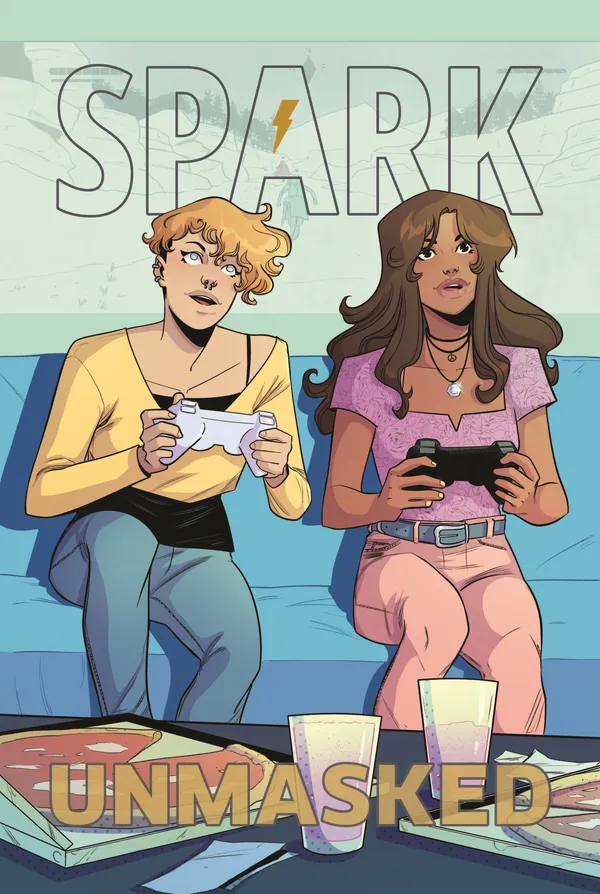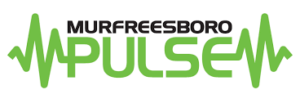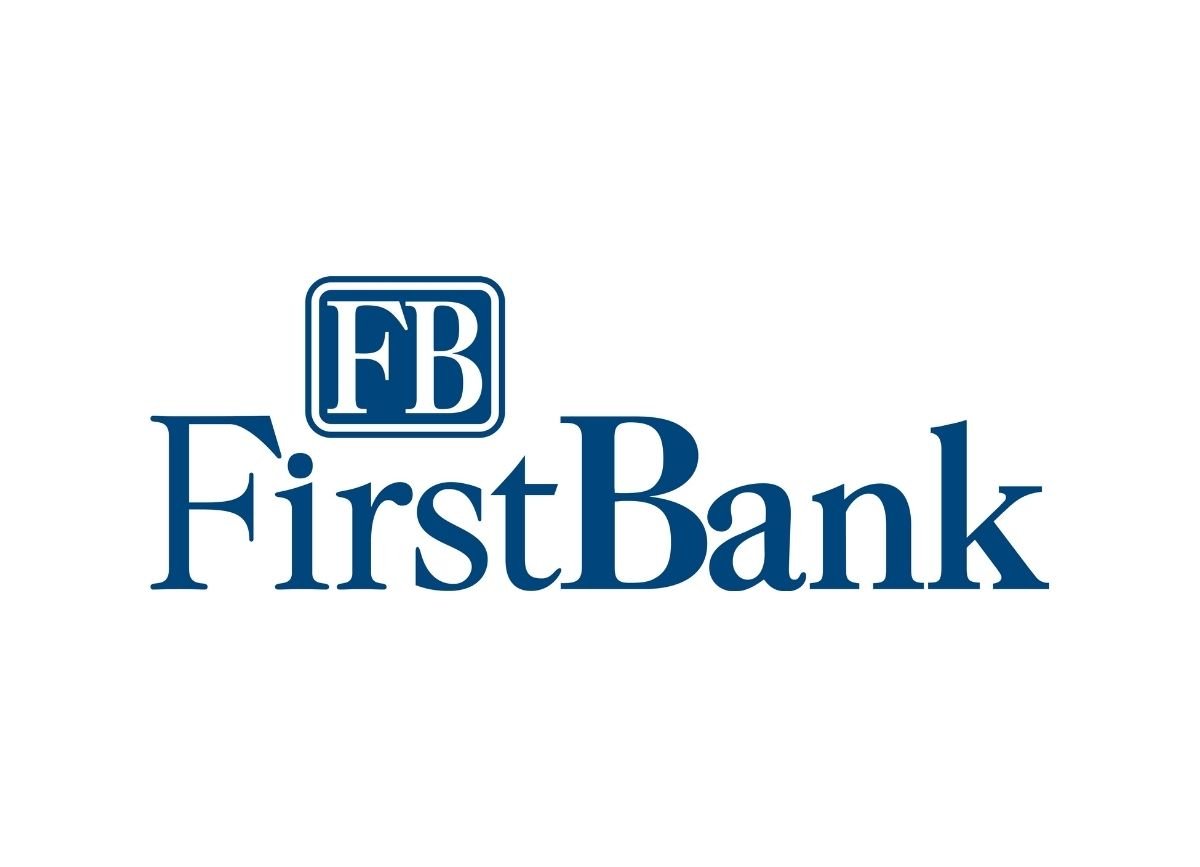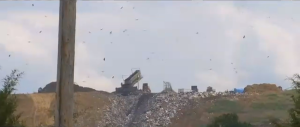Whether she is appearing as Amber or Spark—whether she is outsmarting an online catfishing scheme or taking down an illegal opioid drug operation—her action-packed adventures always manage to relate back to reducing the stigma that too often surrounds mental health issues.
Amanda McGeshick
Guest Columnist
Working in community mental health, my team and I teach students about topics ranging from depression to teen pregnancy prevention. And we’ve been duly schooled in how to communicate with our audience.
I can share the very best data to convince tweens and teens to heed our lessons, but if it isn’t presented in a compelling way then they may not pay attention.  It’s so important to meet people where they are, and that’s how Centerstone Comics and our superhero Spark came to exist.
It’s so important to meet people where they are, and that’s how Centerstone Comics and our superhero Spark came to exist.
Creating a spark through comic books
It started when a colleague saw a comic book about Martin Luther King, Jr. If the medium can teach history then it can convey our messages.
We proceeded to develop a teenage character named Amber Hernandez who is a student by day and “Spark” by night.
Next, we wrote stories about the issues we address—online safety, sexting, bullying, suicide prevention, underage drinking, and more. A visual artist brings our characters to life, and we do focus groups with students and parents prior to publication.
Feedback from those focus groups advised us to make Amber representative of who kids are today. She’s a multi-racial student living in a single parent home. Her mother passed away, and she has openly wrestled with depression.






















